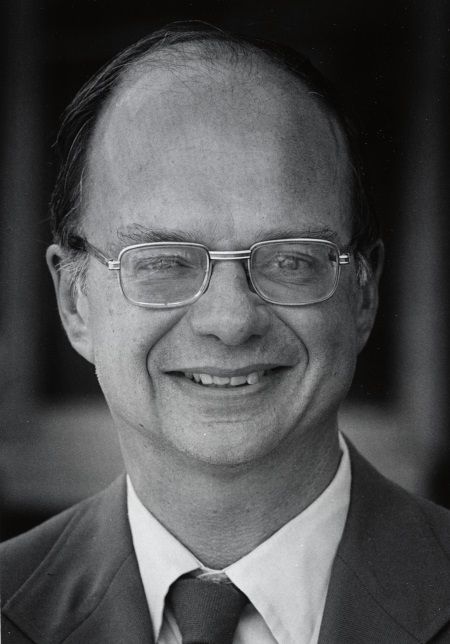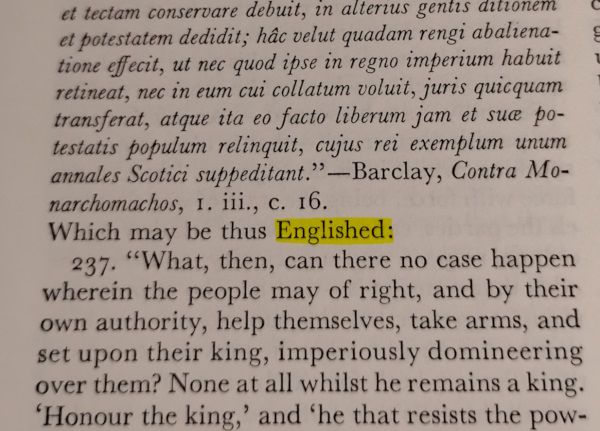I have started listening to Charles Anderson's ILS 206 lectures from, oh, the late-80s. ILS is Integrated Liberal Studies and the course is called "Western Culture: Political, Economic, and Social Thought". I took one of Anderson's classes back in 1995 or thereabouts - PoliSci 45something - and it was fascinating. That course picked up where ILS 206 leaves off, although there was a little overlap, and examines modern iterations of Liberalism. Liberalism as in prioritizing freedom and giving government a minimal role.
I listened to ILS 205 earlier this year and read the required readings listed in the syllabus. Reading Plato's Republic was fascinating, even if not particularly fun. I got to read the bit which, I presume, influenced Wells' The Invisible Man about how, if a man were invisible, he'd act with impunity like a god. Plus the Cave Allegory, the biggie. Aristotle (and Aquinas too) was confusing, though I found the concept of the polis interesting. The whole "man is a political animal" idea was explained which I found fascinating. It is natural for people to form communities for the common good. Furthermore, it is by being a member of such a community that a person becomes good and cultivates virtue. (Or was this Socrates?) Regardless of any confusion, it was a most interesting few months of reading and listening about the origins of Western thought and its early incarnations.
ILS 205 ended with the Scientific Revolution and 206 picks up on it namely in the form of social contract theory. I read some selections from Leviathan by Thomas Hobbes and just finished John Locke's Second Treatise of Government. The Declaration of Independence reads a lot like its early parts and later Locke inveighs against taxation without representation.
Aside from the familiarity of some of his propositions, I have to say that he doesn't justify the use of the State of Nature well nor the idea of the social contract. That people come together and enter into a social contract in order to establish a government essentially comes down to "Well, Rome and Venice were founded by free, equal men coming together and a bunch of folks in the Americas practice something like that too."
He quotes Josephus Acosta, whom I just looked up, a Spanish missionary:
"'There are great and apparent conjectures,' says he, 'that these men [speaking of those of Peru] for a long time had neither kings nor commonwealths, but lived in troops, as they do this day in Florida - the Cheriquanas, those of Brazil, and many other nations, which have no certain kings, but, as occasion is offered in peace or war, they choose their captains as they please'".
I'm not sure the governments of Rome and Venice were constituted by a group of men who were completely free and on equal footing. (Something about 2 brothers suckling at the teat of a wolf comes to mind.) And these American "troops". Are their situations really analogous to anything in Europe? OK, sure. Small towns in Switzerland, perhaps, but we haven't gotten to Rousseau yet. How much can the lessons of tribes in the Americas be applied to the cities of the Enlightenment? Color me skeptical.
Towards the end in a section on the dissolution of government, Locke, who credits legislatures with having the most power, comments on situations in which it is legitimate to disobey a king. He quotes William Barclay, who had a hard-on for monarchies, at length. In Latin. Locke then presents the quotation in English.
Notice his use of the converse of a gerund, a noun turned into a verb, whatever that's called. So, for all the old duffers who recoil at Facebook users asking to be "friended" or liberals decrying a conservative who was "platformed", know that it's an established practice and even a man of letters such as John Locke did it.
Rousseau is next and I presume I'll hear all about deliberation and social contracts in the cantons of Switzerland.


No comments:
Post a Comment